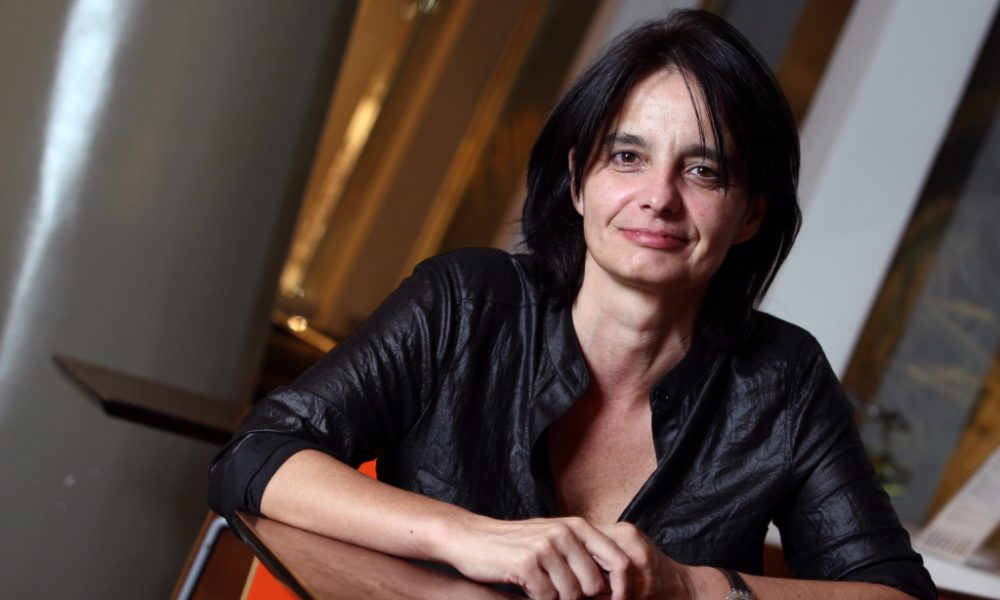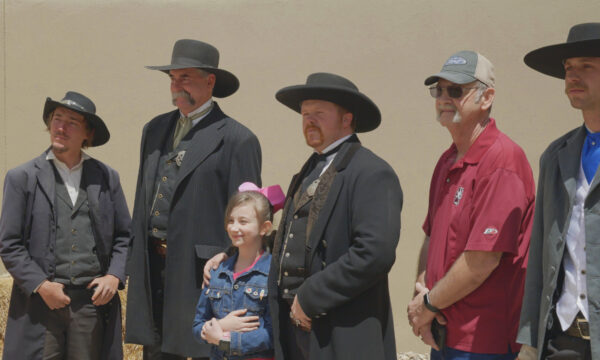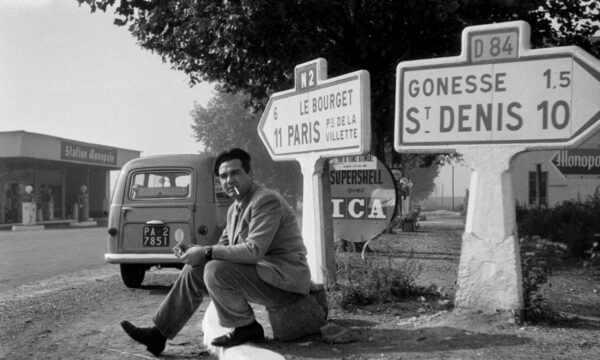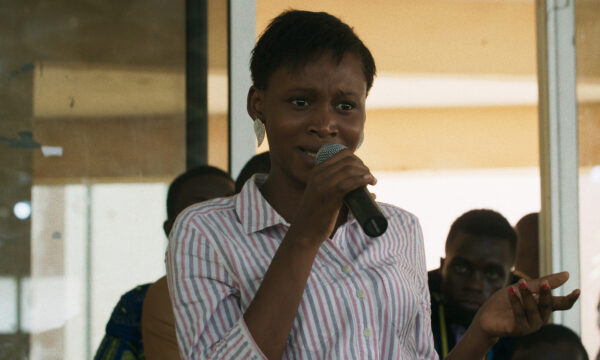Colo: An interview with director Teresa Villaverde

Portuguese director Teresa Villaverde has returned to Lisbon, the city of her birth, with Colo, which premiered at the 2017 Berlin International Film Festival. Telling the story of a family dealing with the financial crisis that has afflicted the country, the film is a measured and often circumspect examination of the situation. We spoke with Teresa at this year’s Berlinale.
This is a story that a lot of Portuguese people will recognise. How do you think the film will be received in Portugal?
I don’t really know. I think we can be surprised. But I don’t know, and I think that people will probably recognise the story of some friends or somebody they know. Before I came to this interview I had a conversation with a Portuguese journalist who told me they were quite depressed because it made them think of their family. But I hope that people will feel most of all that it’s a film to make us all discuss this issue. Because the film doesn’t really go in one direction, saying exactly what is wrong and exactly what should be done to make it right. There are moments that are like a pause where not a lot of things are going well, and it’s hard to make them well. For example, in Portugal we have a lot of people of a younger generation who finish their studies and cannot find work, and we now have lots of foreigners coming to Portugal, thinking it’s so beautiful, and we have lots of young people moving to other countries to work. But I believe in Portugal, the younger generations will eventually be more or less OK. The problem is mainly the people who are now 40-something or so, and if they have jobs now, it’s very complicated. Because when the state of the economy gets better, the younger people will probably take those jobs. So it means that nobody knows what will happen to this older generation, what they will do.
The movie dwells upon the slightly odd balance of power between parents and their children.
What interested me a lot when I was doing research for the film was that this situation somehow changed the relationship between parents and their kids. Because kids usually look up to their parents, you respect them. But then you look at your parents and wonder what is going on. Sometimes they feel like their parents are losers, and this is very strange. Of course it’s not everybody. But you don’t know what will come after this, because it’s something new. Usually parents would say to their children: you have to study, you have to find a job. But now you can’t say this, because it doesn’t mean anything in Portugal. So everything almost collapses in this relationship between parents and children. But nevertheless, it must be said that the situation is now, fortunately, getting better in Portugal. But it will take a while to get better, and I am afraid that even when it does get better, there are already so many families who are destroyed.
So it’s too late for some families?
Yes, exactly. I don’t know how many families have been destroyed, but I imagine it was a lot of people. And it’s a generation where, my generation… We grew up in the time of the revolution, and we learned that things were good all the time. The country, Europe, the world, and then all of a sudden it was not like that, and we were not prepared to think about it, to react… We took everything for granted.
The relationship between the daughter and her friends looks and feels very natural. How did you cast the younger actors and get them to bond so naturally?
I was extremely lucky. There was an open casting and a lot of younger actors came, but in the end, I picked a group of friends. They were all friends in real life, and in a way, not all of them are like that in real life. But the chemistry was easy, because it was already there.
A lot of the film takes place in an apartment. Was it always your idea to centre much of the action around one location?
I thought about this all along: the idea of an apartment, a little bit like a prison, although maybe that’s exaggerated. But still, a place that’s very important because at the moment that’s all they have. It’s like everyone wants to own an apartment, and this is a little bit strange. You buy it, but you buy it with a loan from the bank, and then it takes 40 years or something to repay that. And this is strange, because it’s your place, but it’s not really yours, and you work to keep paying for it. Like your life becomes about paying for this, and all your bills, and you don’t have time to live.
Oliver Johnston
Photo: Cinecoa
Read our review of Colo here.
For further information about the 67th Berlin Film Festival visit here.
Read more reviews from the festival here.
Watch the trailer for Colo here:



















Facebook
Twitter
Instagram
YouTube
RSS